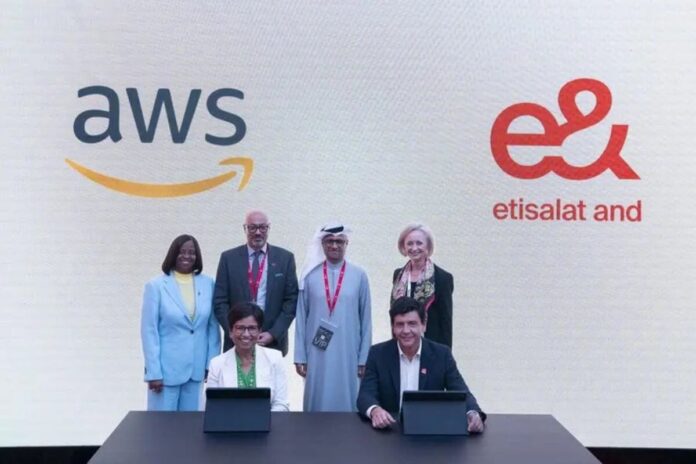In Short:
The Telecom Regulatory Authority of India (Trai) has extended the deadline for comments on satellite spectrum pricing to October 25 and counter-comments to November 1. This discussion is crucial as companies, including Elon Musk’s Starlink, aim to offer satellite broadband in India. Jio and Airtel are advocating for spectrum auctions, while Starlink argues against it, highlighting growing tensions in the telecom sector.
The Telecom Regulatory Authority of India (Trai) has announced a one-week extension for stakeholders to submit their comments and counter-comments regarding its discussion paper on the pricing methodology and conditions for allocating satellite spectrum without auctions. Companies seeking to launch satellite broadband services in India now have until October 25 to submit their comments, with counter-comments due by November 1, pushing back the original deadlines of October 18 and October 25 respectively. This extension comes in response to stakeholder requests for additional time.
Discussion Paper Highlights
The discussion paper has garnered significant attention as it explores whether satellite spectrum should be charged on a per MHz (or unit) basis, as a percentage of a satellite provider’s adjusted gross revenue (AGR), or via a new formula altogether. This issue has become particularly pressing with the ambitions of Elon Musk, who aims to offer internet services in India through his Starlink low-earth orbit (LEO) satellite constellation, potentially intensifying competition with major Indian telecom players such as Reliance Jio, owned by Mukesh Ambani, and Bharti Airtel, led by Sunil Mittal.
Industry Responses
Previously, Jio had communicated to the government its preference for auctioning satellite spectrum and had called for a reassessment of Trai’s consultation paper, arguing that the current document does not adequately address the competitive landscape between traditional telecom operators and satellite communications companies. However, Communications Minister Jyotiraditya Scindia indicated at the IMC-2024 that satellite spectrum would be allocated administratively, although pricing will be determined by the telecom regulator.
Rising Tensions
As Trai prepares its recommendations for the Department of Telecommunications (DoT), a high-stakes debate is developing over the allocation of spectrum required to support broadband-from-space services. Major satellite companies such as Starlink and Amazon’s Kuiper have called for lower spectrum prices in India. Amazon has cautioned that high fees could compel global players to focus on urban markets instead of servicing more remote areas, inherently placing them in direct competition with Indian telcos Jio and Airtel.
Starlink has reiterated its position that spectrum for satellite services is a shared resource that should not be auctioned, a view that directly contradicts the stance of Reliance Jio. Meanwhile, Bharti Airtel has advocated for spectrum auctions, provided satellite communication services are offered outside of remote geographies.





